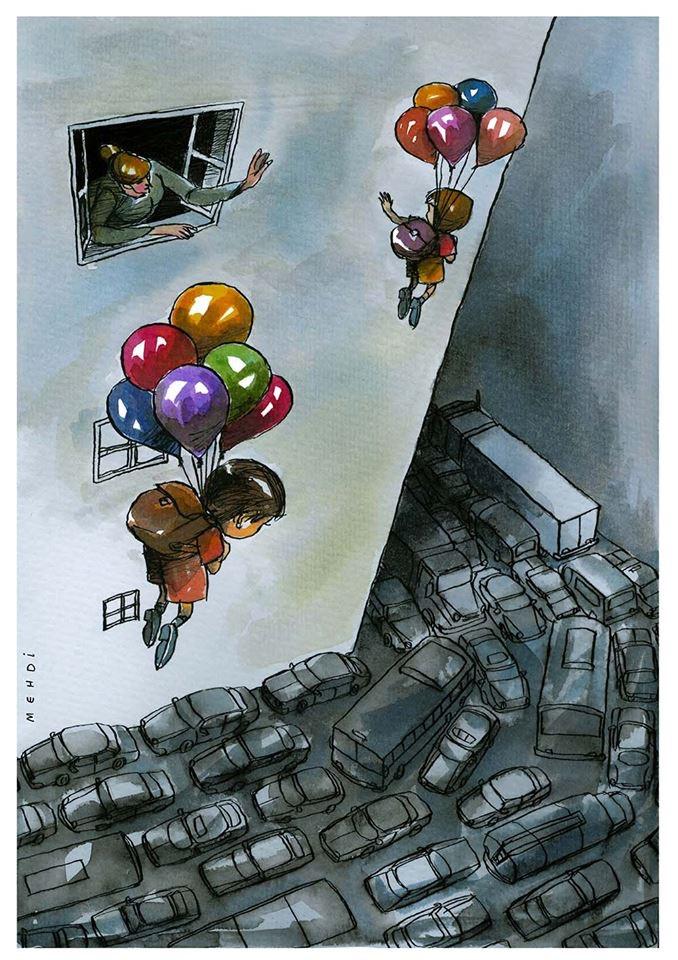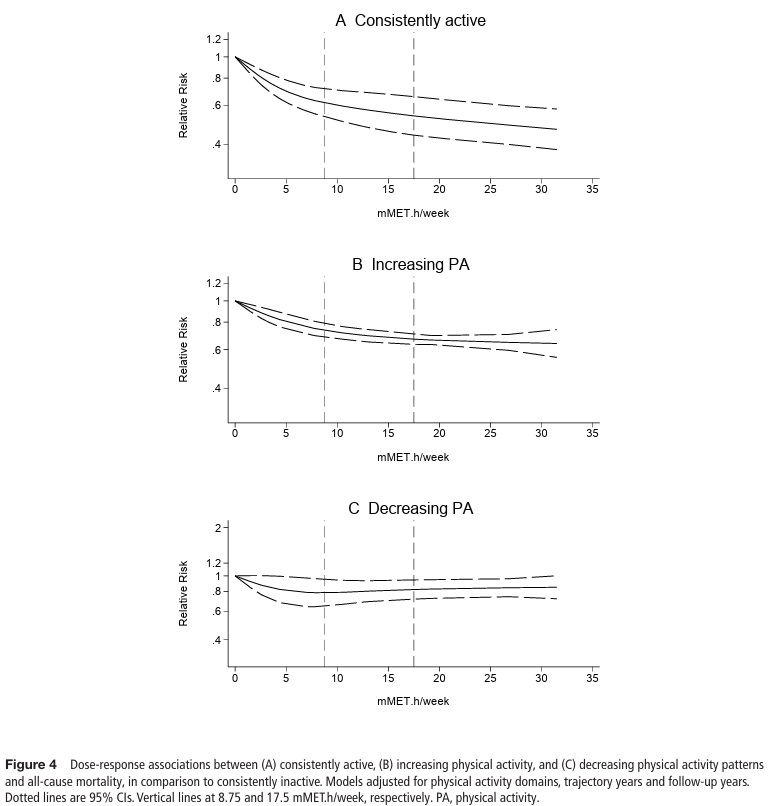
Daniel Velázquez Cortés
@daniel_veldaco
PhD student @ISGLOBALorg & @UPFbiomed
Researching global health, active transport, climate change, and urbanism | Advocating for healthier communities.
ID: 15401192
https://www.linkedin.com/in/dvcglobalhealth/ 12-07-2008 05:40:28
13,13K Tweet
803 Takipçi
1,1K Takip Edilen

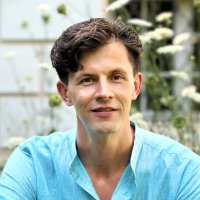
Has notado más accidentes viales en la CDMX? Más personas lesionadas y más choques que antes? Pues es el resultado de un sexenio de ignorar la seguridad vial en la CDMX. ¡Gracias Andrés Lajous! [Datos del reporte más reciente de Secretaría de Movilidad CDMX] semovi.cdmx.gob.mx/storage/app/me…
![Rafael Prieto-Curiel (@rafaelprietoc) on Twitter photo Has notado más accidentes viales en la CDMX? Más personas lesionadas y más choques que antes?
Pues es el resultado de un sexenio de ignorar la seguridad vial en la CDMX. ¡Gracias <a href="/andreslajous/">Andrés Lajous</a>!
[Datos del reporte más reciente de <a href="/LaSEMOVI/">Secretaría de Movilidad CDMX</a>]
semovi.cdmx.gob.mx/storage/app/me… Has notado más accidentes viales en la CDMX? Más personas lesionadas y más choques que antes?
Pues es el resultado de un sexenio de ignorar la seguridad vial en la CDMX. ¡Gracias <a href="/andreslajous/">Andrés Lajous</a>!
[Datos del reporte más reciente de <a href="/LaSEMOVI/">Secretaría de Movilidad CDMX</a>]
semovi.cdmx.gob.mx/storage/app/me…](https://pbs.twimg.com/media/GkL5_dmWgAAQPNa.jpg)

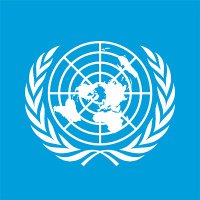
🔥 2024 batió todos los récords climáticos: convirtiéndose probablemente en el primer año registrado hasta ahora con más de 1,5 °C sobre los niveles preindustriales. El calor extremo, el aumento del nivel del mar y los desastres causaron estragos. Este informe de World Meteorological Organization muestra

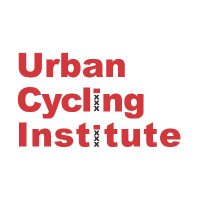

New in The Lancet Planetary Health 🌿 “Promoting health through climate change mitigation in Europe” We propose a framework to turn health co-benefits into drivers of EU climate ambition & public support. 📰Full article: sciencedirect.com/science/articl… #ClimateHealth #EUPolicy #PlanetaryHealth


Last week I had the chance to attend an incredible training in Cambridge University on Health Impact Assessment of Transport & the Built Environment 🌍 Great hands-on work with #ITHIM in R Shiny, and Big thanks to MRC Epidemiology Unit & all the amazing collaborators! 🚲🏙️💡 #UrbanHealth

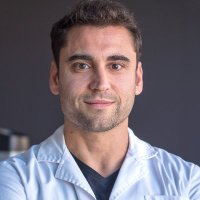
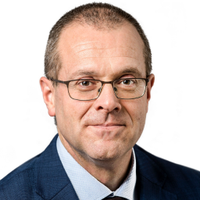


Yesterday, I joined a roundtable at the #GlobalThinkTank on Steatotic Liver Disease to discuss how cities can drive healthy lifestyles and prevent chronic diseases. Thanks to Jeffrey V. Lazarus and team for the kind invitation!


Daniel Velázquez Cortés Thanks for joining us at the #SLDthinktank Daniel Velázquez Cortés It had extensive media coverage: theguardian.com/society/2025/j… lavanguardia.com/vida/20250606/… And we launched the People-First Liver Charter: nature.com/articles/s4159… Nature Medicine Naim Alkhouri Jörn Schattenberg #LiverTwitter
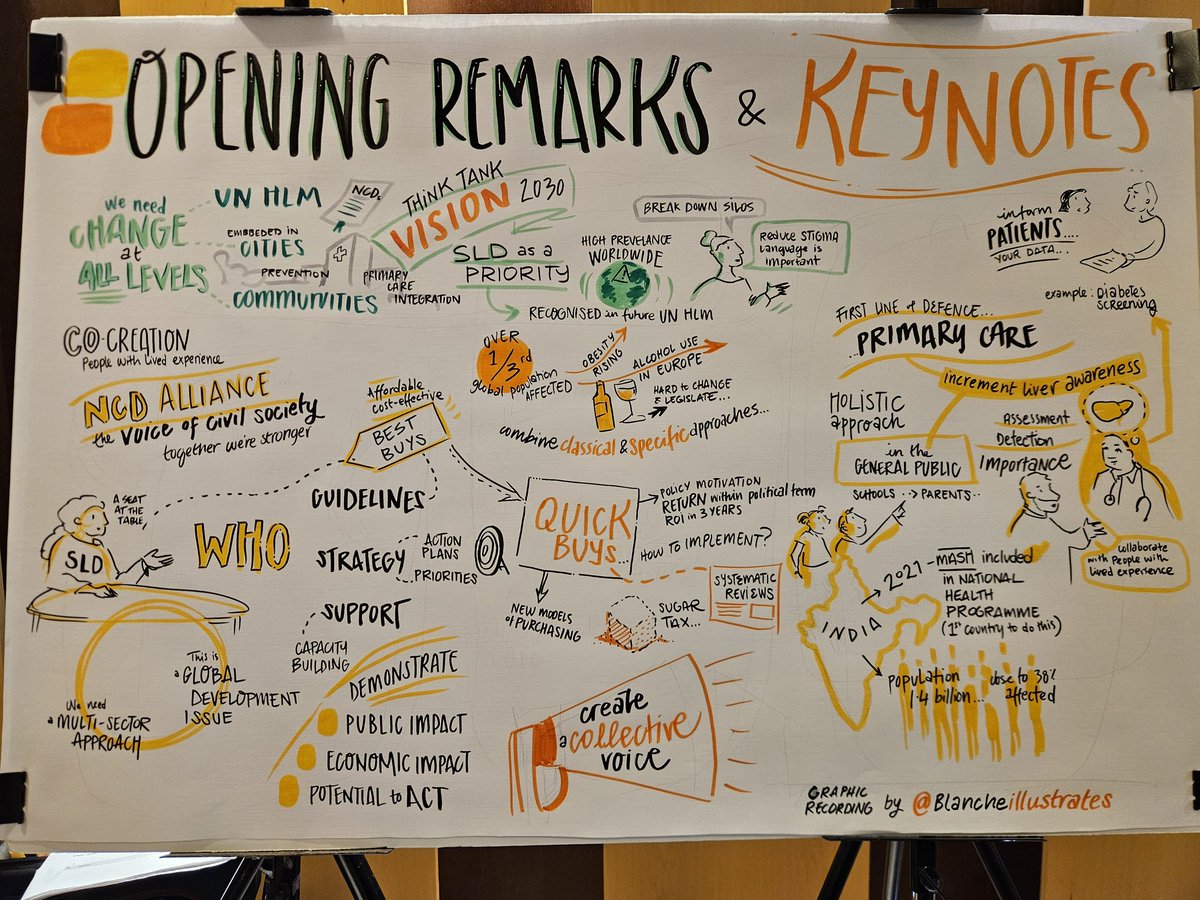
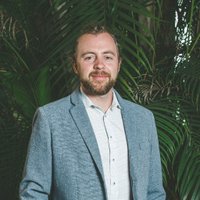

En 2018, los hogares más pobres de 🇲🇽 se quedaron 24% del presupuesto de programas sociales, mientras que los más ricos se quedaron solo 3%. En 2024, los pobres se quedaron solo 14%, pero los más ricos se quedaron 12%. ¿Primero los pobres? Imperdible análisis de Máximo Ernesto Jaramillo Molina.




Great start today teaching the Risks and Exposure Assessments module in the Master’s in Public Health UPF Barcelona! We’ll dive into Health Impact Assessments and how urban exposures influence health outcomes. #PublicHealth #HIA #UrbanHealth #UPF





